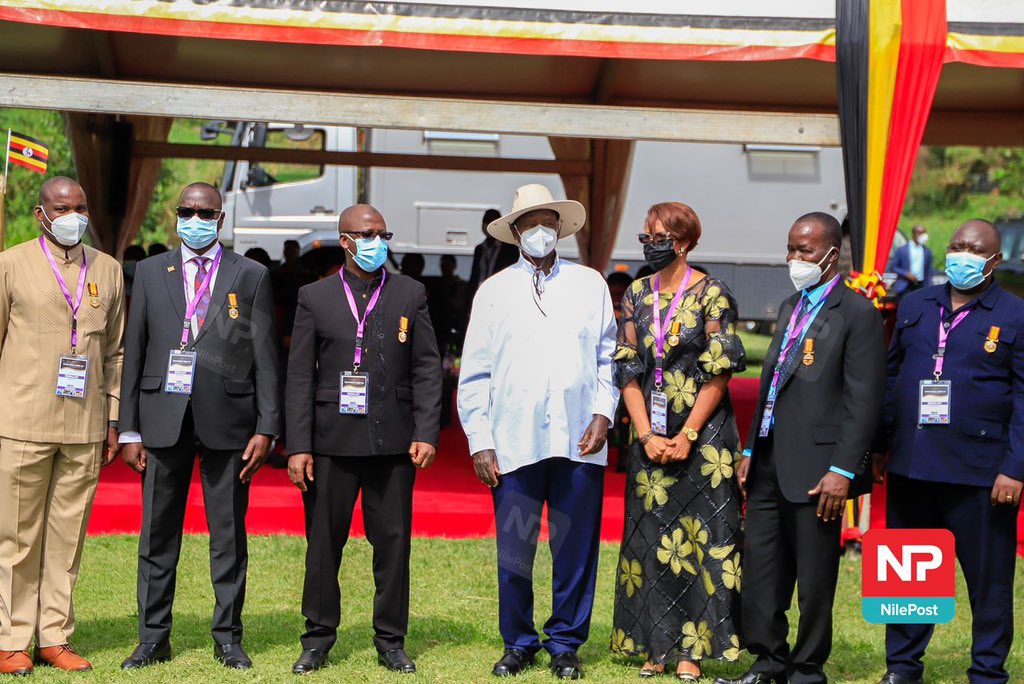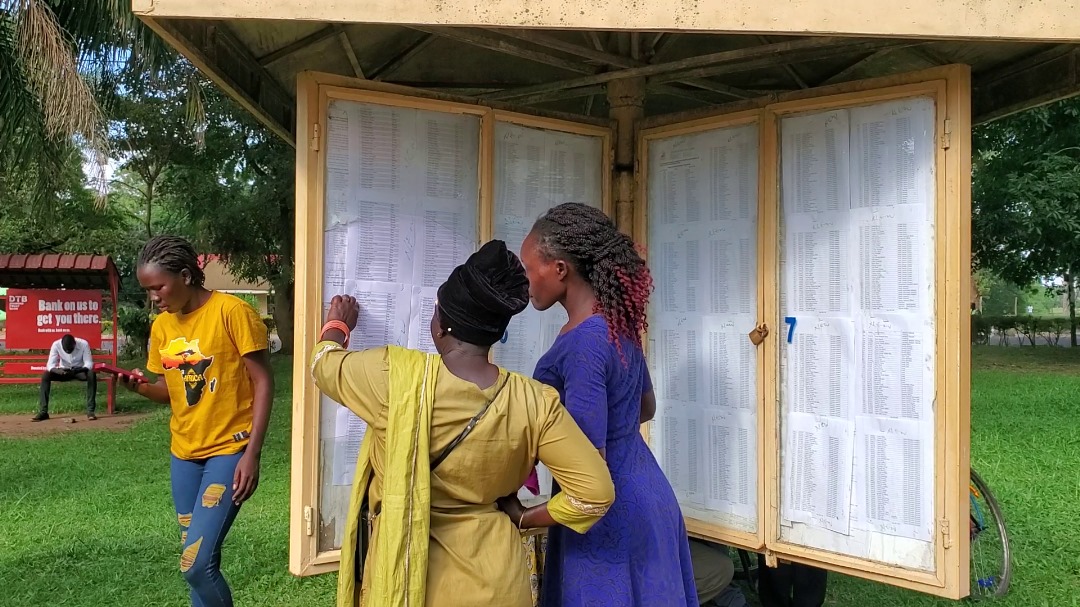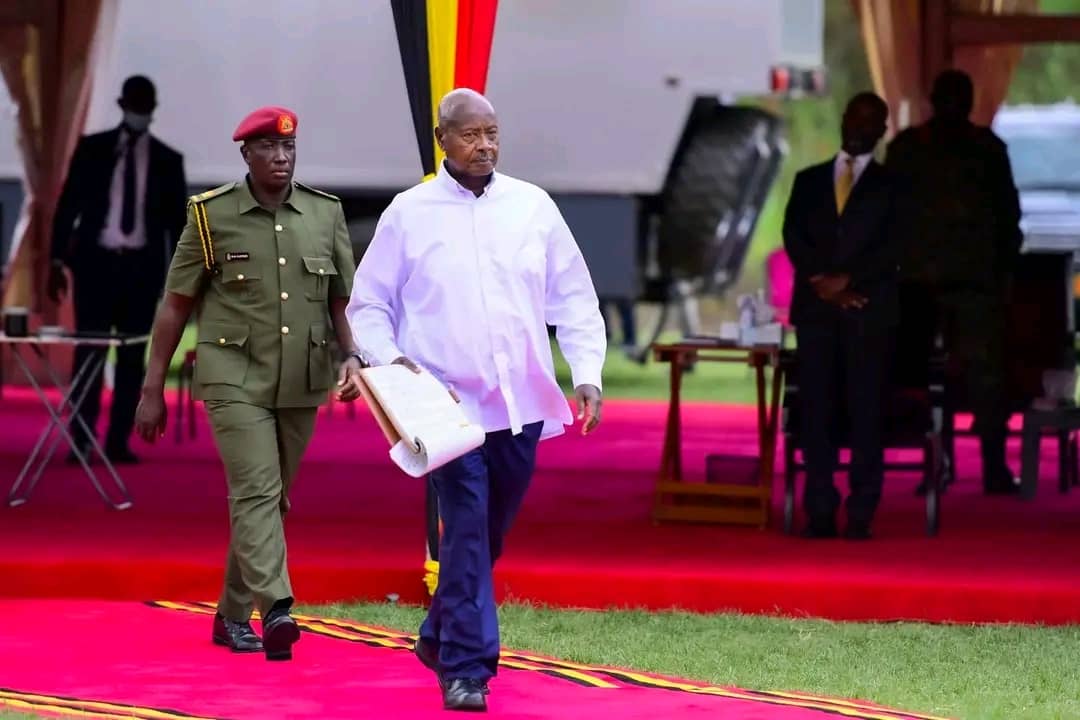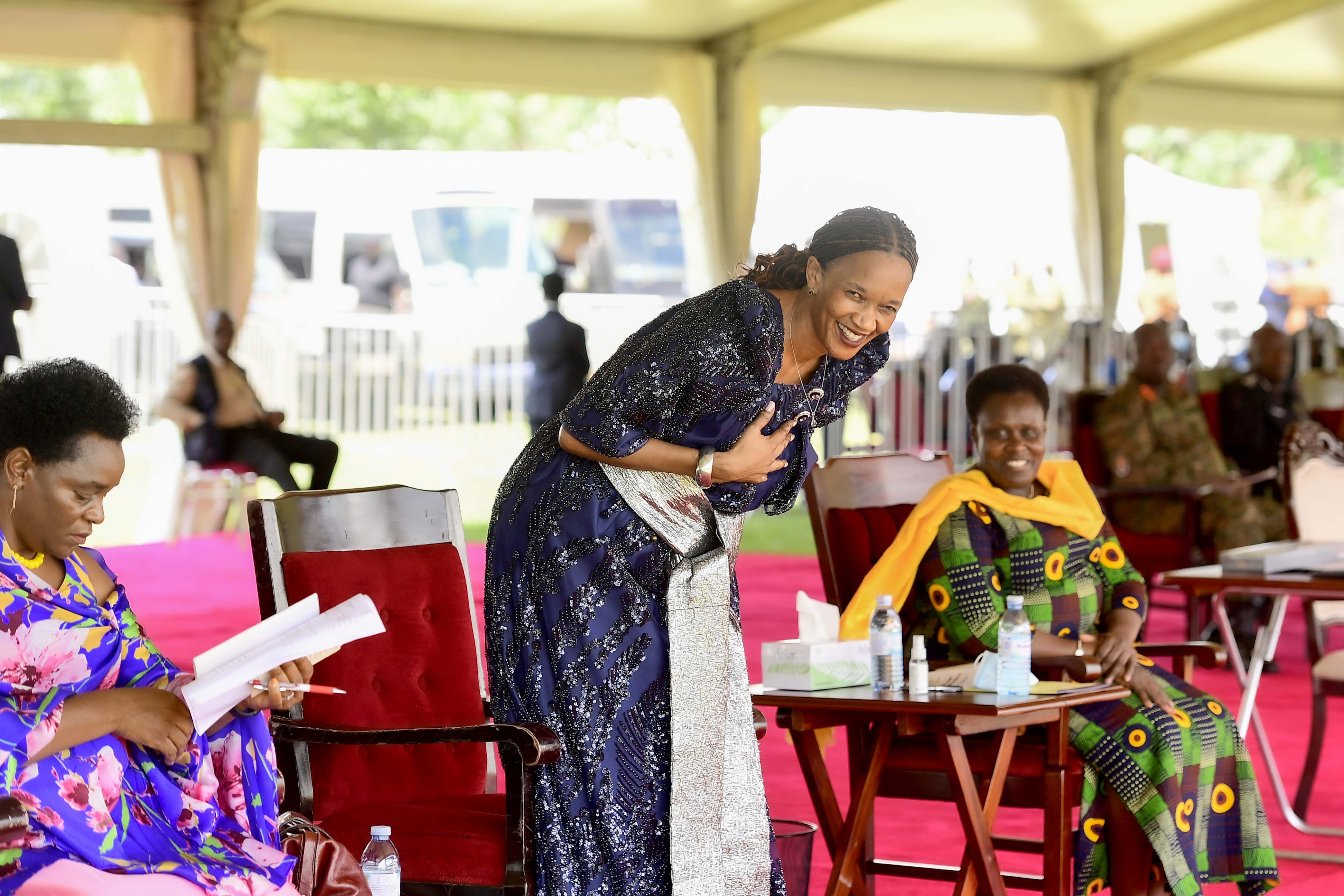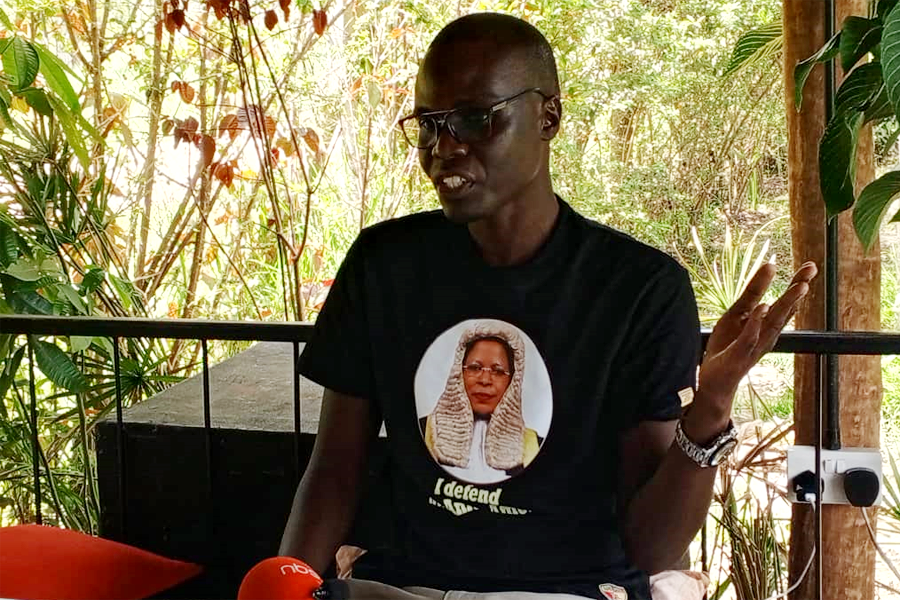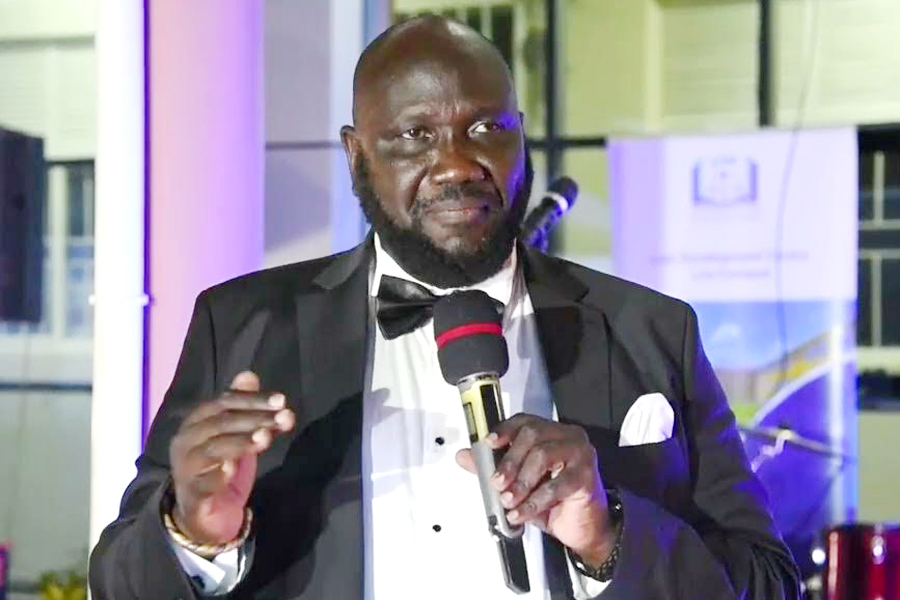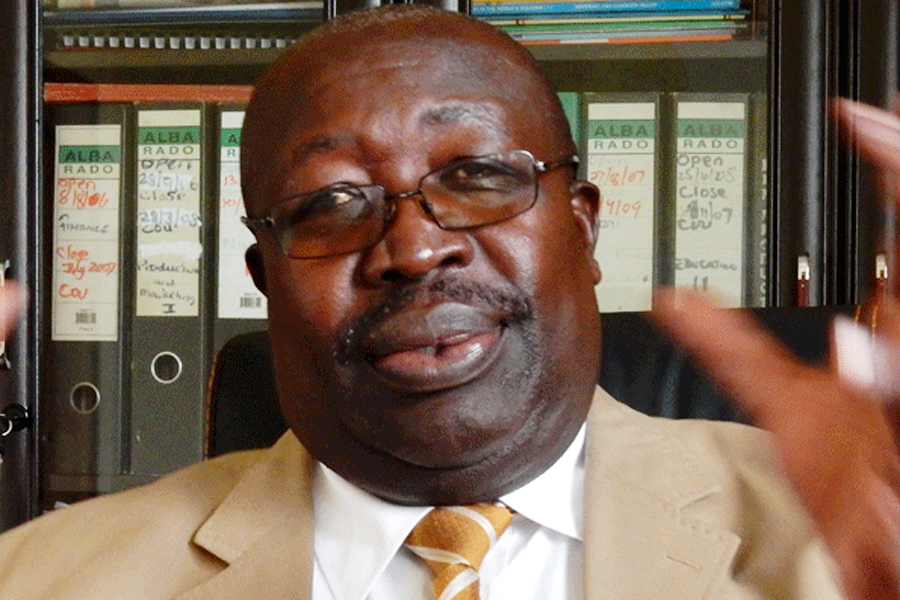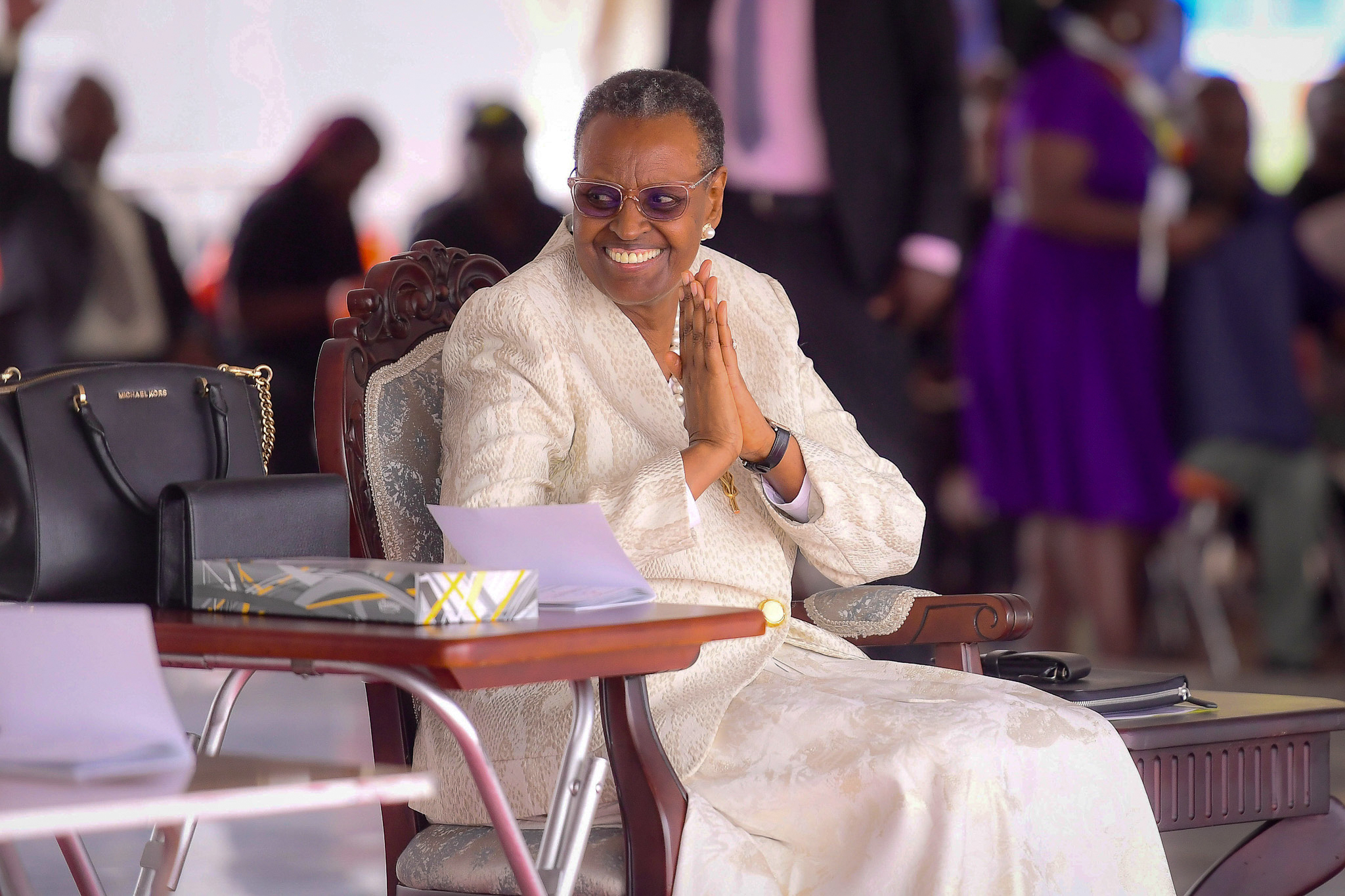Sheikh Yunus Kamoga says court wrongly convicted, sentenced him to life imprisonment
The leader of the Tabliq Sect in Uganda Sheikh Mohammad Yunus Kamoga who was sentenced to life in jail has challenged his conviction and subsequent sentence of life in prison handed to him by the war crimes division of the High Court.
The court in 2017 sentenced Kamoga, his brother Sheikh Murta Mudde Bukenya, Sheikh Kawooya and Sheikh Fahad Kalungi to life in prison whereas Yusuf Kakande and Abdulsalam Sekyanja were sentenced to 30 years in prison after being convicted of terrorism.
Keep Reading
The court in August 2017 acquitted the group of murder charges that had been labelled against them for the killing of various Muslim clerics throughout the country.
The group through their lawyers led by Fred Muwema told the Court of Appeal on Monday that the justices of the High Court erred in law by convicting them for terrorism using the same evidence that had earlier seen the same court acquit them of murder charges.
“The justices erred in law by convicting the appellants for terrorism on basis of the same evidence the same court had acquitted them of murder,”Muwema told court presided over by Justices Alphonse Owiny-Dollo, Cheborion Barishaki and Elizabeth Musoke.
[embed]https://nilepost.co.ug/2018/05/18/tabliq-leader-sheikh-kamoga-denied-bail-because-appeal-is-likely-to-fail/[/embed]
Muwema told court that it was wrong, illegal, severe and harsh for the court to sentence the group to spend the rest of their life on earth in prison basing on the argument that they were leaders in the Tabliq Muslim sect.
The lawyer said this ground holds no water and asked the appellant court to overturn the conviction and resultant sentence.
“The justices of the lower court erred in law for convicting and sentencing them to life in prison for terrorism when there was no evidence of any threatened murder to anyone yet these are the ingredients for terrorism.”
The lawyers said it was also wrong for court to sentence Yusuf Kakande and Abdulsalam Sekyanja were sentenced to 30 years imprisonment over terrorism arguing the punishment was harsh.
The lawyers asked the court to overturn the punishments to the appellants.
State drags feet
However, in response, Jacqueline Okwir, a Senior State Attorney, said there was no error in regards the decision of the justices of the High Court saying they based their judgment on evidence produced by the state.
“There was sufficient evidence to support the conviction and the same should be upheld,”Okwir told court.
The court, however, asked both sides to file their written submissions within a month from now.



